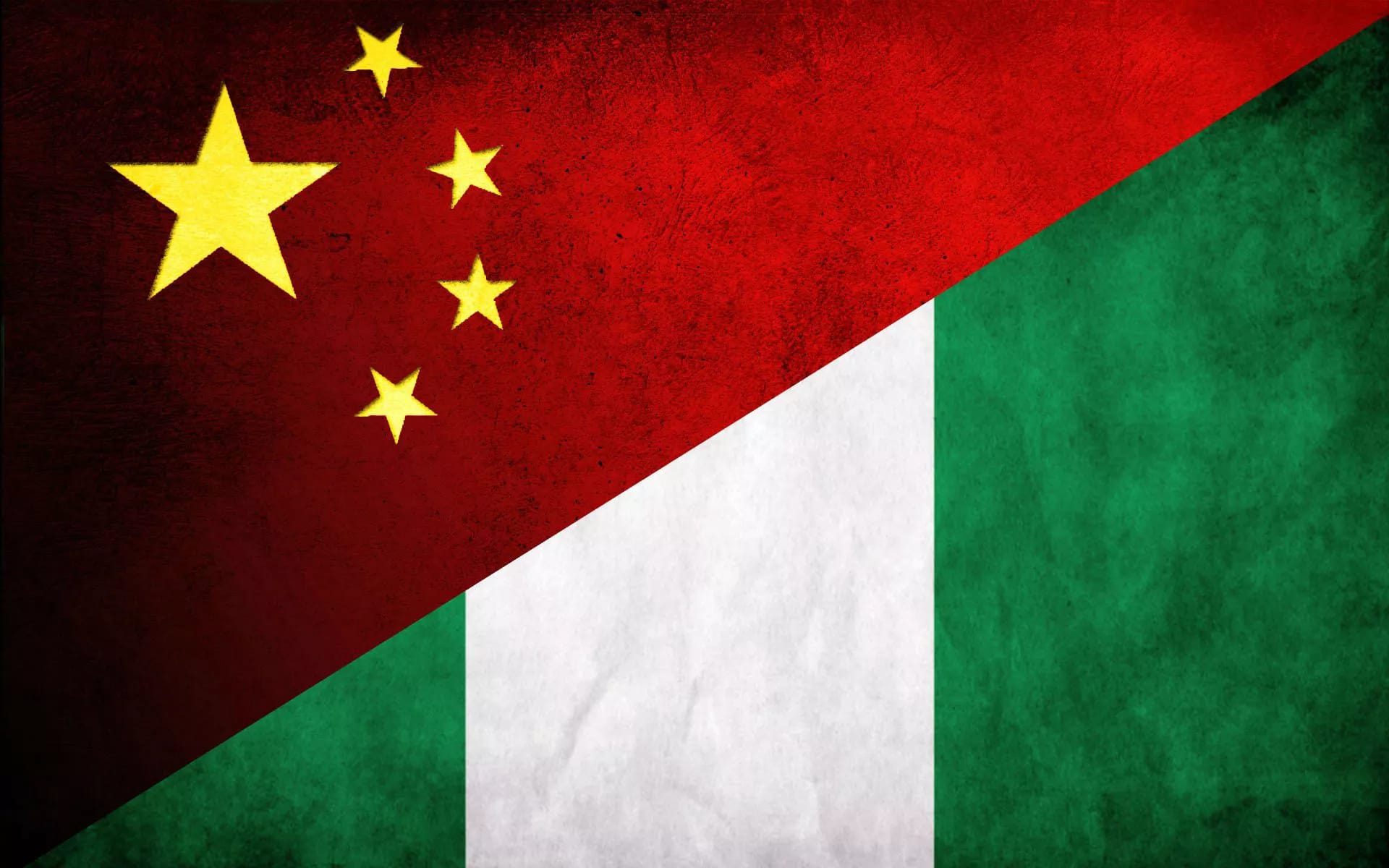Nigeria’s abusive marriage with China & slave agreements
On Tuesday, the House of Representatives’ panel investigating the government’s loan agreements let out a bellow over a clause in Article 8(1) of the Commercial Loan Agreement between Nigeria and the Export-Import Bank of China; which cedes our sovereignty to a foreign power in the phenomenon of a breach. The $400 million loan was secured […]

On Tuesday, the House of Representatives’ panel investigating the government’s loan agreements let out a bellow over a clause in Article 8(1) of the Commercial Loan Agreement between Nigeria and the Export-Import Bank of China; which cedes our sovereignty to a foreign power in the phenomenon of a breach.
The $400 million loan was secured for Galaxy Backbone, the government’s Information and Communication Technology (ICT) agency, in 2018.
The clause reads in part: “The borrower (Nigeria) hereby irrevocably waives any immunity on the grounds of sovereign or otherwise for itself or its property in connection with any arbitration proceeding pursuant to Article 8(5), thereof with the enforcement of any arbitral award pursuant thereto, except for military assets and diplomatic assets.’’
Is this not the primrose path to indentured slavery? Do we have the capacity to defray debts owed China? Why have we signed away our future? Have we not purposely walked into China’s debt snare?
A report by Nairametrics shows that Nigeria has obtained 17 Chinese loans to fund different capital projects, totalling $6.6bn, and the country will be servicing the loans until 2038, which is the maturity date for the last loan secured in 2018.
The report also quoted the Director of the Centre for Infrastructure Policy Regulation and Advancement (CIPRA), Lagos Business School, Bongo Adi, as saying Nigeria “lacks accountability, transparency and responsibility to refund the loans.’’ What this implies is that we stand the chance of being ensnared in China’s debt snare.
In Africa, Zambia, which owes China $7.4bn, was reported in 2018 to be on the verge of losing its electricity company, ZESCO, for defaulting on repayment.
Also, Kenya was reported as a potential casualty in the growing list of China’s economic imperialism as it could cede its most prestigious port of Mombasa to an eastern power like Sri Lanka did, when it lost the right to its Magampura Mahinda Rajapaksa Port after failing to repay Chinese loans.
The Chinese are notorious for ruthlessness and lack of regard for the laws, rules and norms of other countries, especially in Africa.
They advance like locust; devouring any natural resource in sight – pillaging communities and contaminating natural supplies. But why do we always have to sign slave agreements?
We signed a dubious and precarious deal with Process and Industrial Development (P&ID) and ended up with a $9bn debt noose on our neck.
We reinforced the same trauma in the agreement with Azura Power which makes us liable to pay $1.2bn if we even want to rethink the deal. Why? I think it is a case of personal security and interest above national interest.
Every deal has a broker or brokers. A coterie of the elite is benefiting from the wholesale mortgaging of Nigeria’s future through these agreements. The slavish deals are, in fact, a conspiracy against the people.
Fredrick Nwabufo is a journalist – [email protected]
